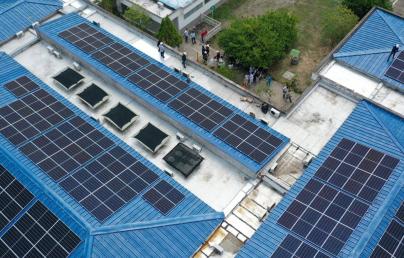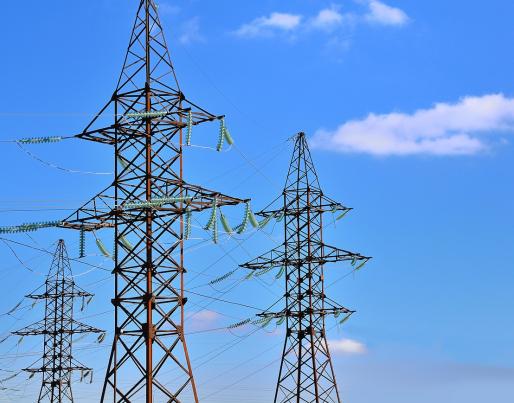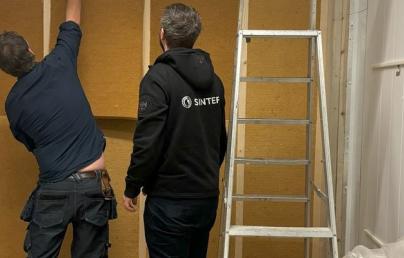
The revised Energy Efficiency Directive

The revised Energy Efficiency Directive
The EU has updated the Energy Efficiency Directive to meet its 2030 target of reducing greenhouse gas emissions by at least 55% from 1990 levels, enhancing energy efficiency goals to support climate action and energy security.
The European Union has updated the Energy Efficiency Directive to enhance its energy efficiency targets, aiming to support its climate goals and energy security while making energy more affordable. The revised directive introduces significant changes to meet the EU’s 2030 target of reducing greenhouse gas emissions by at least 55% from 1990 levels.
Key Points:
Increased Ambition:
The directive establishes "energy efficiency first" as a core principle in EU energy policy
It aims to cut energy consumption by an additional 11.7% by 2030 compared to the EU reference scenario 2020
National Contributions:
EU countries must set indicative national contributions to the overall target, considering national circumstances like energy intensity and GDP per capita
A “gap-filling mechanism” will address any shortfalls in meeting these targets
Energy Savings Obligation:
The annual energy savings obligation is increased, requiring cumulative end-use energy savings through to 2030:
- At least 0.8% (2021-2023)
- At least 1.3% (2024-2025)
- At least 1.5% (2026-2027)
- At least 1.9% (2028-2030)
Focus on Vulnerable Groups:
Stronger measures to alleviate energy poverty, including raising consumer awareness and providing financial advice
Prioritisation of energy efficiency improvements for vulnerable customers and those in social housing
Industrial Sector Changes:
Expanded energy audit obligations to include small and medium-sized enterprises (SMEs) where significant energy savings are possible
Mandatory energy management systems for large industrial energy consumers
District Heating and Cooling:
Revised to ensure full decarbonisation by 2050, with a gradual integration of renewable energy
Support for new natural gas cogeneration units in district heating is limited until 2030
Data Centres Monitoring:
New obligations for monitoring the energy performance of data centres
An EU-level database will publish relevant data on energy and water footprints
Implementation and Accountability:
EU countries must report on energy efficiency investments
Project development assistance mechanisms will support energy efficiency investments at various levels
The directive aligns with the REPowerEU plan to reduce dependency on fossil fuel imports and contributes to the Global Pledge to double the rate of energy efficiency improvements globally by 2030.

